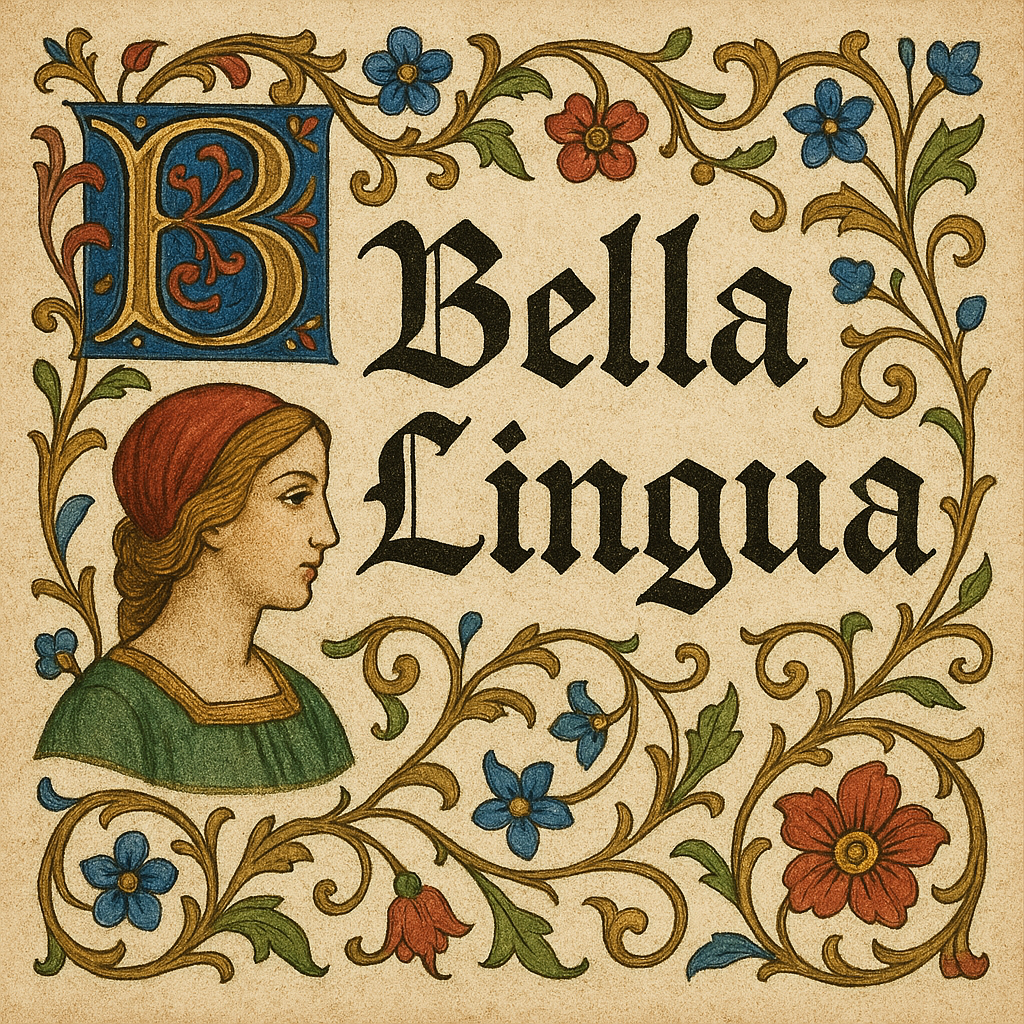In which I posit the restoration of a changeful idea.
New
The Oxford English Dictionary
1. new, verb, transitive
Frequency (in current use)
Origin: A word inherited from Germanic.
To renew, make new; to regenerate, revive, restore. Also reflexive. Obsolete.
Ruminating the paucity of synonyms for what I have lately been calling Implicate Change, I recently came across a disused verb that deserves a second wind.
Implicate Change is a poor but obvious umbrella for transforming the set of implicates (physicality, intelligence, emotion, etc.–I’ve lately taken to calling such, transformatives) that comprise human systems (individuals, organizations, societies, etc.). Channeling the little German I have, I crammed half a dozen explicates into a ridiculous-even-by-German-standards compound that left no room for ambiguity. BoneWitGutFlashOutbreakPastPresentFutureChange. With the help of the OED I managed to boil that down to a three-letter English verb that in a pinch could stand in for Implicate Change.
To new.
(Who knew?)
Since human changing, whether explicate or implicate, is not so much swapping one thing for another as creating something afresh, I am pleased to welcome back into the light the Old English adjective ‘new’ that centuries ago regularly worked nights as a verb.
Maybe it’s time we newed it.


